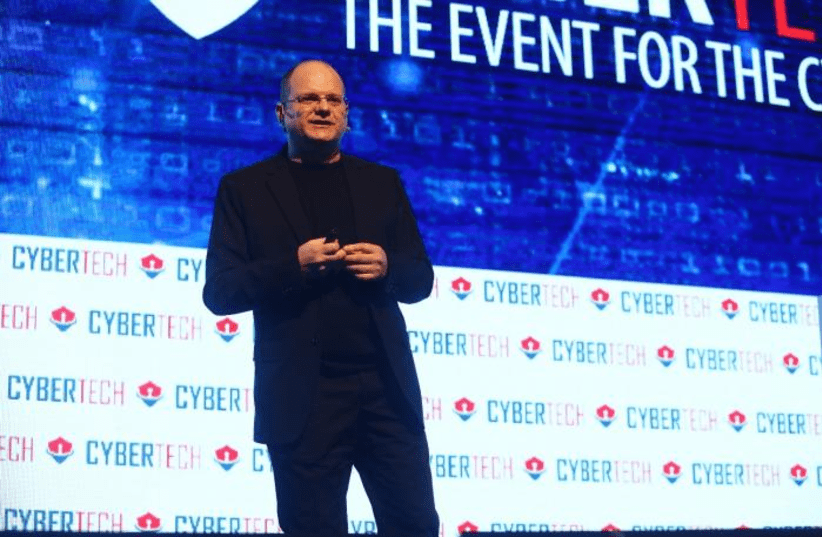The company released the findings of a survey of over 270 IT professionals globally, showing how organizations managed their cyber-security during the lockdowns and also listing their security priorities and concerns over the coming months as they move towards re-opening their operations and the “new normal.”
According to the findings, 75% of IT and security professionals fear further increase in cyber-attacks and exploits as they start to re-open offices, while also maintaining mass remote working.
The survey found that at the start of the COVID-19 lockdowns, 62% of respondents said their main concern was maintaining secure remote access and virtual private network (VPN) capacity for staff, followed by preventing social engineering attacks (47%), and securing staff endpoints and home networks (52%).
Now, as operations resume, 75% of those surveyed said their offices were only open for a limited number of employees and that on average staff was still working 4 out of 5 days from home.
According to Check Point, this means that remote-working vulnerability and threats will continue to persist for a long time.
“Organizations had to restructure their network and security fabrics almost overnight to respond to the Covid-19 pandemic, and doing this inevitably meant that security gaps opened up, increasing their attack surface and creating new opportunities for criminals,” said Moti Sagey, Chief Evangelist at Check Point Software Technologies.
As such, the survey found that among the security priorities for companies in the coming months, 79% said their main priority is tightening security and preventing attacks as employees continue to work from home.
Additionally, 75% of respondents said their biggest concern was an increase in cyber-attacks, especially phishing and social engineering exploits. Another 51% said that attacks on unmanaged home endpoints was a concern, followed by attacks against employee mobile devices (33%).
“Now that we are moving towards a ‘new normal’ way of working as lockdowns lift globally, organizations need to close off those security gaps and secure their networks, from employees’ home PCs and mobiles to the enterprise data center, with a holistic, end-to-end security architecture,” Sagey said. “The Covid-19 pandemic may be fading, but the cyber-crime pandemic it triggered is here to stay.
In April, a survey by Check Point showed that organizations were being hit by a “perfect storm” of increased cyber-attacks, while having to manage the massive and rapid changes to their networks and employee working practices during the pandemic.
According to the findings, 71% of respondents reported an increase in cyber-attacks during February and March 2020, and 95% said they faced added IT security challenges with provision of large-scale remote access for employees, as well as managing shadow IT usage.
Despite the bleak outlook, Sagey added that, “with the right approach to security, we can prevent attacks from causing widespread damage and disruption.”
